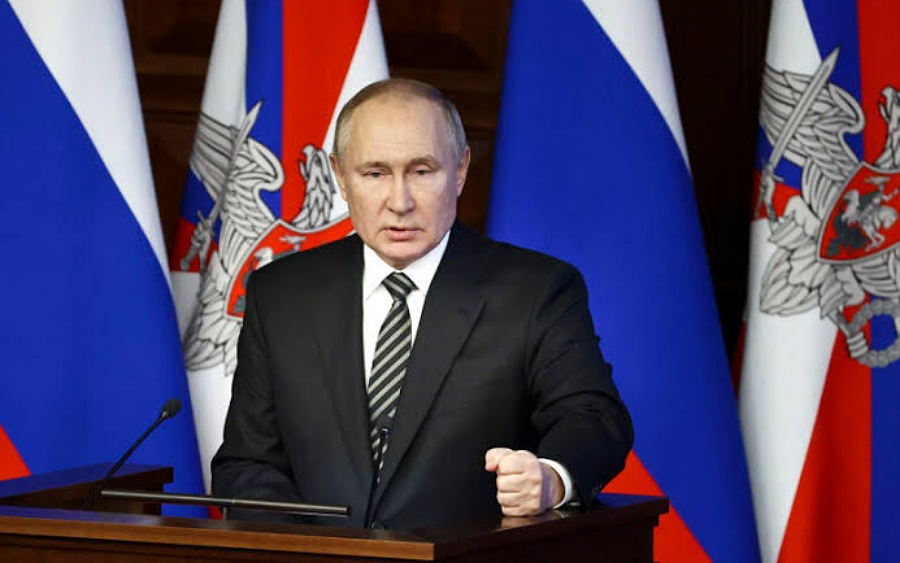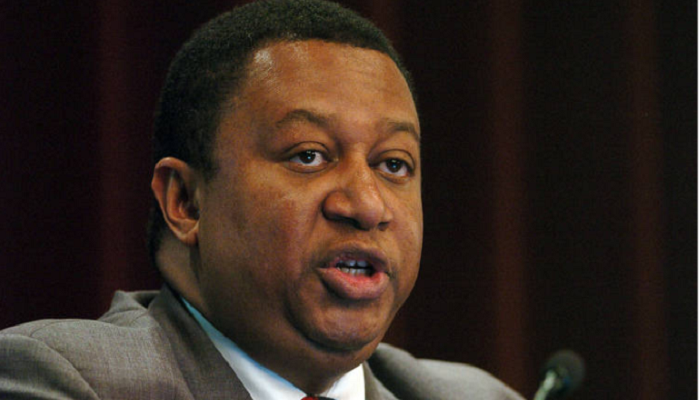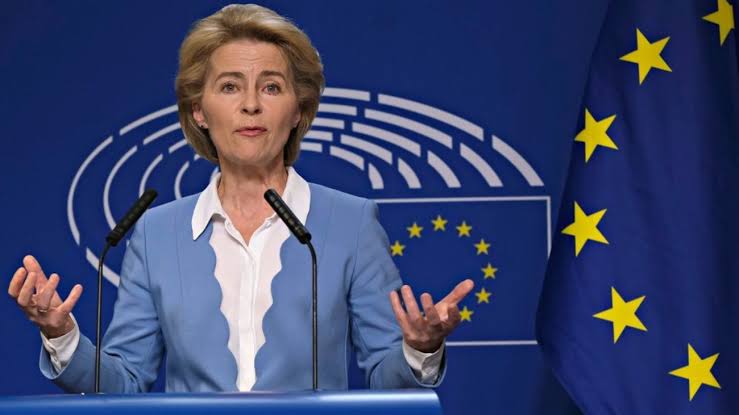The economic sanctions on Russia have continued to increase aftermath of the country’s invasion of Ukraine. The tension between both countries dates as far back as 2014. The tension between both countries extended into different parts as organizations like UEFA ensured that clubs from both countries were not paired and in unavoidable circumstances, a neutral ground was proposed.
However, the war took a new turn on 24 February 2022, when Russia invaded Ukraine. The invasion drew condemnation across the world.
Following the invasion, different sanctions have been placed on Russia across different sectors such as Sports, Economy, among others.
What is a Price Cap
A price cap is a means of economic control or measure that sets a limit on the prices that can be charged for a particular commodity or service. This means that a price is set and such commodities, goods, or services cannot be sold beyond the agreed or fixed price. This measure can either be set by a government or regulatory body.
The effectiveness of the price cap has been debatable over the years by economists. There’s a consensus that it’s only a plan for the short term and in the long term could have adverse effects such as unavailability, scarcity, and low quality of such commodities.
Impact of war on Oil and Gas
Despite not being a member of the Organization of Petroleum Exporting Countries (OPEC), Russia accounts for about 10% of global oil production. Russia produces an average of 10.2mbpd. At the start of the pandemic, oil prices fell to $20 per barrel, with the easing of lockdown and resumption of economic activities across the world oil moved to $60 per barrel. Since the start of the invasion, oil prices have soared to $100 per barrel.
According to reports, up to 40% of Europe’s gas comes from Russia, and it is the second-largest exporter of oil with 5mbpd flowing out of the country. With the dependence on Russia’s oil and gas, a slight change will affect prices and it is difficult to replace.
G7 Price Cap explained
Since the invasion of Ukraine, several economic bans have been imposed on Russia to make it reconsider its decision, suspend the invasion and make it financially incapable of financing the invasion. The group of seven (G7) was founded in 1975 and it consists of countries such as Canada, France, Germany, Italy, Japan, the United Kingdom, and the United States. Russia was a member at a point before it was removed in 2014. These countries are some of the world’s advanced economies.
The proposal on price cap was promoted by USA Treasury Secretary, Janet Yellen. This is part of the move to impose full sanctions on Russia at the end of 2022. The plan has been debated and deemed feasible because European and British companies account for about 85% to 90% of the business of insuring, reinsuring, and financing seaborne Russian oil tankers. This means that for oil to be moved to different parts of the world, it must be licensed and this power mostly lies in the hands of European and British companies, although Russia has it is not fully recognized. The introduction of the price cap is meant to box Russia into a “Give and Take” corner.
The price cap if accepted will see Russia continue to sell and move its oil, but at a price that is imposed by the G7 and there are reports it won’t be far off Russia’s production price, limiting its gain despite soaring oil prices. Russia’s refusal will give the country the power to sell at its price, but with stringent measures in moving the oil.
Implications for countries, oil and gas prices
The European Union is a “Non-enumerated” member of the G7 and some of its members are heavily dependent on Russian fuels. The plan to impose oil prices would work if the G7 succeeds in getting countries in fighting Russia. Getting more countries, especially advanced economies will help in advancing its cause and will help curtail the power of Russia and increases stringent measures of moving oil. However, the plans could backfire as the major importer of Russia’s oil are not members of the G7, India, and China. According to reports, both countries have benefited from buying oil at $30 and more per barrel, as against $110 in the international market. There are doubts these countries will agree. The failure of these countries to agree, coupled with the agreement to accept Russia’s license and the G7 going ahead with its plans could see oil prices rise to $200 in the international market, which will benefit Russia more.






















